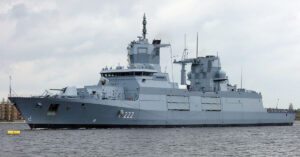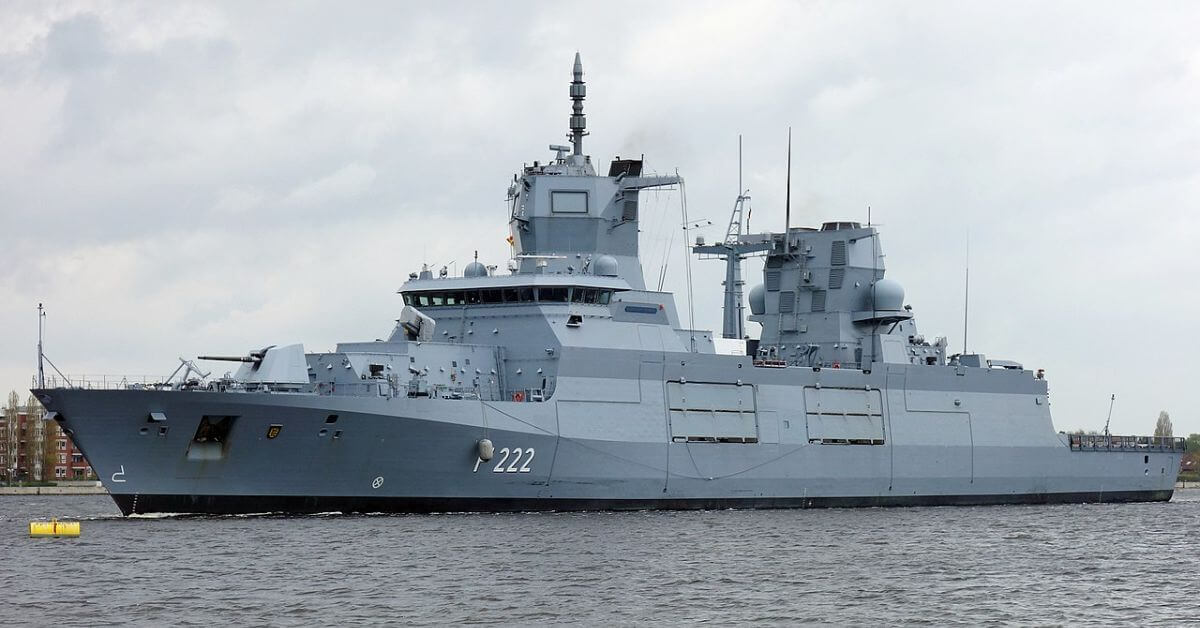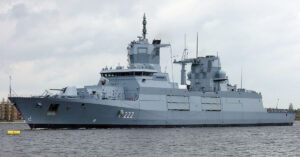
China Completes Largest Arctic Expedition With Historic First Manned Dive Beneath Ice
September 29, 2025
Missile Attack On Dutch Cargo Ship Off Yemen Leaves 2 Injured, Vessel Abandoned
September 30, 2025

NATO announced on Saturday that it is stepping up its presence in the Baltic Sea with new surveillance and air-defence assets following a series of drone incidents in Denmark.
The Danish Armed Forces confirmed that unidentified drones were detected near military installations overnight. This came after several incursions earlier in the week, which forced the temporary shutdown of Copenhagen Airport, the busiest in the Nordic region and five smaller airports, both civilian and military.
Copenhagen Airport was closed for several hours on Monday after large drones entered its airspace, while other airports were briefly shut in the following days.
In response, NATO said it would “conduct even more enhanced vigilance with new multi-domain assets in the Baltic Sea region.” According to the alliance, these assets include intelligence, surveillance and reconnaissance platforms, along with at least one air-defence frigate. However, a NATO spokesperson declined to specify which member states were providing the additional support.
The new deployments will strengthen NATO’s “Baltic Sentry” mission, launched in January after repeated damage to critical seabed infrastructure in the region, including power cables, telecom links and gas pipelines.
As part of this mission, member states have already sent frigates, patrol aircraft and naval drones to monitor and safeguard undersea and coastal infrastructure.
The announcement also comes just weeks after NATO launched its “Eastern Sentry” mission, aimed at defending Europe’s eastern flank following Russian drone incursions into Polish airspace.
Tensions escalated further when Estonia reported on Friday that three Russian MiG-31 fighter jets violated its airspace for 12 minutes before being escorted out by NATO Italian jets. Russia denied the violation and also rejected claims that its drones intended to target sites in Poland.
German Interior Minister Alexander Dobrindt said the threat from drones was “high” and noted that Germany would take measures to defend itself. Meanwhile, Russian Foreign Minister Sergei Lavrov warned NATO and the European Union that any aggression against Russia would be met with a “decisive response.”
Reference: Reuters
Source: Maritime Shipping News


